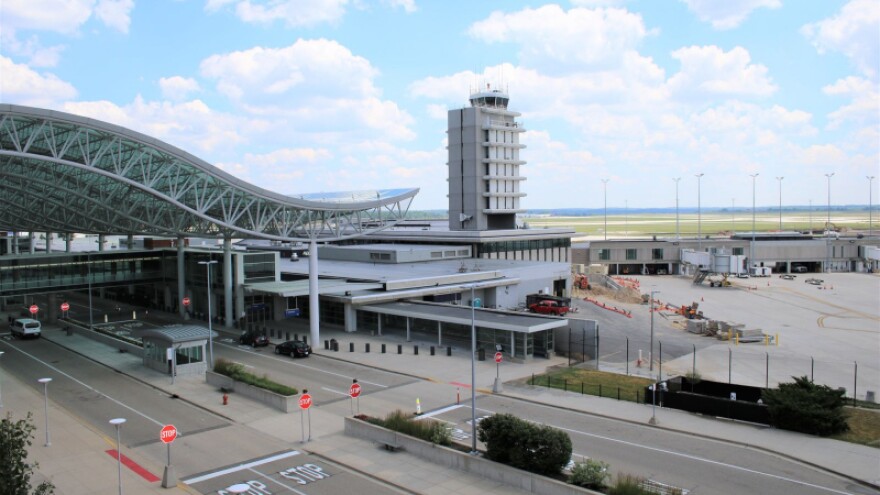The appeals court issued the opinion on November 22nd, affirming the U.S. District Court for the Western District of Michigan’s decision to remand Attorney General Dana Nessel’s lawsuit against the airport authority for PFAS contamination in nearby drinking water sources.
Nessel argued that the airport authority was not acting under the Federal Aviation Administration when it used firefighting foams containing PFAS for training purposes, and that the case should remain in Kent County’s 17th Circuit Court.
Nessel sued the airport authority after repeated warnings and demands for action from the Michigan Department of Environment, Great Lakes, and Energy, citing PFAS contamination releases into the soil and groundwater in and around Cascade Charter Township.
In a statement, the airport authority said it is “disappointed in the recent opinion by the Sixth Court of Appeals. We reiterate our commitment to addressing shared concerns with our community related to impacts of airport operations.”
You can read more about that commitment here.
You can read the airport authority's statement in its entirety below:
"The Gerald R. Ford International Airport Authority (GFIAA) is disappointed in the recent opinion by the Sixth Circuit Court of Appeals. We reiterate our commitment to addressing shared concerns with our community related to impacts of airport operations. The Gerald R. Ford International Airport (GFIA) has responsibilities and mandatory obligations to the Federal Aviation Administration (FAA) related to the use of firefighting foam containing PFAS, which is why the Airport Authority continues to believe Federal Court is the proper venue for this case.
All U.S. commercial airports and military bases have been federally mandated for decades to use Aqueous Film Forming Foam (AFFF) containing PFAS to calibrate and test its firefighting equipment and respond to aircraft emergencies. Research has shown that AFFF is the most effective firefighting and lifesaving agent for military and commercial airport emergencies.
There are over 220 sites in Michigan currently identified as PFAS investigative sites, including GFIA and 18 other airports, according to the Michigan Department of Environment, Great Lakes and Energy (EGLE). The Attorney General’s approach to this complex issue marks an unprecedented move against a public airport, raising questions about the necessity and broader implications of such action.
For the last six years, the Airport Authority has been working to understand and mitigate impacts of historical use of these federally mandated products.
Working with an environmental engineering consultant, we are conducting a multi-phase evaluation process to assess the potential impacts of historical AFFF usage on Airport property, with the results from each phase guiding subsequent investigative actions. This process, which continues through today, includes testing groundwater, soil, and stormwater on Airport property and residential drinking water wells immediately downgradient of the Airport. It also includes modifying our practices regarding the specific type of AFFF used, employing new technologies approved by FAA to eliminate any AFFF test spraying, and employing due care practices to manage any contaminated materials that we discover.
To date, more than 370 samples have been collected, with the findings from each step of the process guiding future investigative efforts. As part of our commitment to collaboration, all of our efforts have been coordinated with state and local agencies, including EGLE, the Michigan Department of Health and Human Services (MDHHS), the Kent County Health Department (KCHD) and Cascade Township.
Additionally, new domestic water service has been provided to more than 250 Cascade Township homes, at no cost to the Township or homeowners. Work by the City of Grand Rapids Water Department continues to further extend the water service out of an abundance of caution, again, at no cost to the Township or homeowners.
Finally, while PFAS mitigation solutions are not yet readily available in the industry, the Airport Authority is leading pilot programs for both impacted soils and surface water, in an effort to find nationally applicable solutions for the broader aviation industry. As a national leader in PFAS understanding and research, these efforts are fostering collaborative technical efforts with the FAA, the Michigan Department of Transportation (MDOT), Michigan State University’s Center for PFAS Research, and other partners to proactively research, test, and identify safe and sustainable solutions."
Casey Ries, P.E.
Chief Asset Development Officer
Gerald R. Ford International Airport Authority




